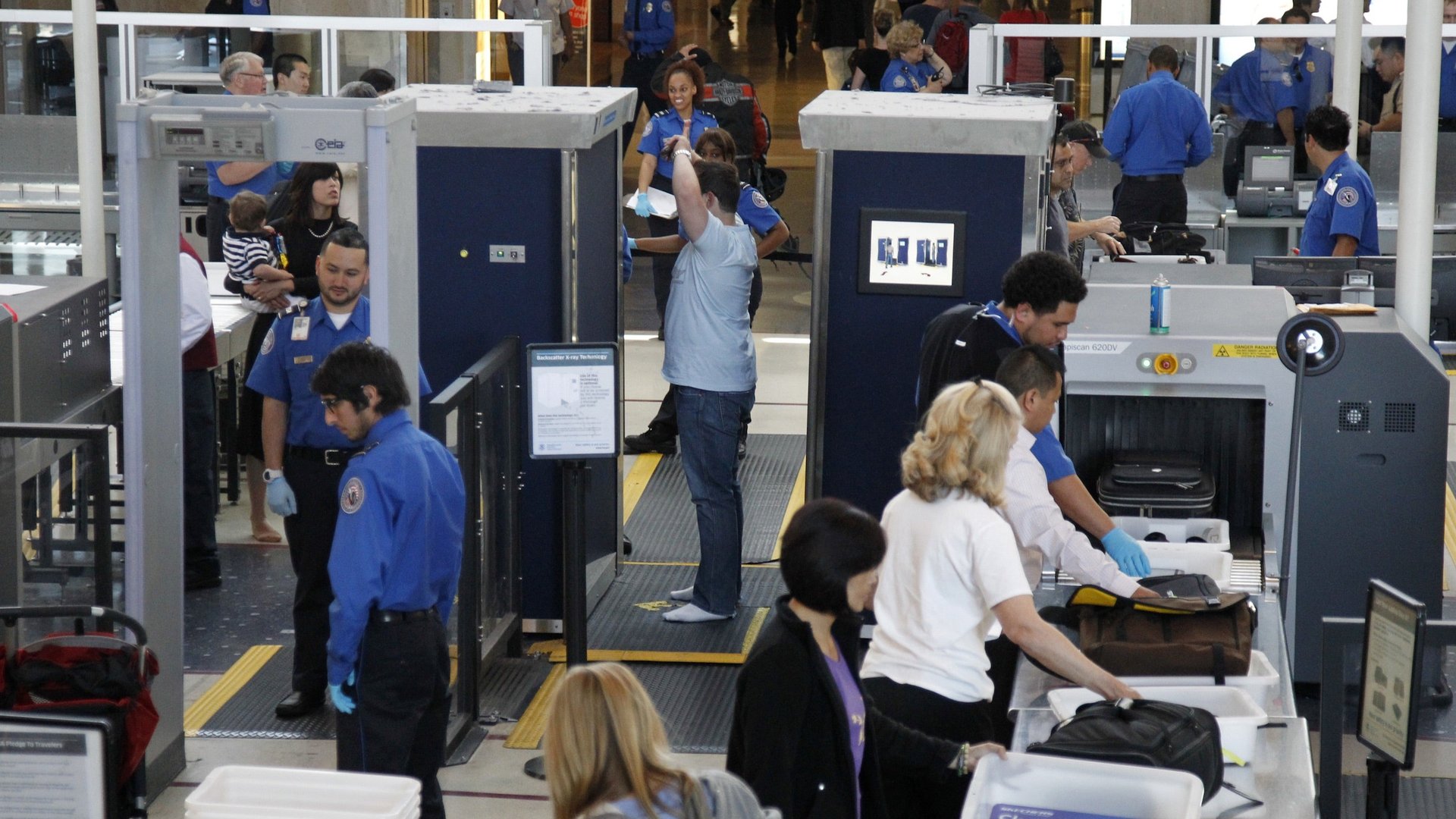Restricting Muslim travelers to the US does little to keep Americans safe
Following terrorist attacks in Paris, France, and San Bernardino, California, it was to be expected that political leaders would look to tighten borders to prevent foreign fighters or radicalized individuals from entering the United States. However, as typical in moments of panic, the US Congress inserted provisions in the most recently signed spending bill that discriminate against inbound travelers based on their national origins. This weakens a critical travel program by exempting individuals with dual citizenship from certain countries.


Following terrorist attacks in Paris, France, and San Bernardino, California, it was to be expected that political leaders would look to tighten borders to prevent foreign fighters or radicalized individuals from entering the United States. However, as typical in moments of panic, the US Congress inserted provisions in the most recently signed spending bill that discriminate against inbound travelers based on their national origins. This weakens a critical travel program by exempting individuals with dual citizenship from certain countries.
Last week, a BBC reporter and British national was stopped from boarding a plane from London to the US because of her dual British-Iranian nationality—not only inhibiting travel, but signaling discrimination at a critical time for us to convey inclusion. Thankfully Congress is considering righting this wrong.
The Visa Waiver Program (VPW) allows for citizens of 38 member countries to travel to the United States without a visa, expediting the travel process. Doing so facilitates commerce, tourism, and security cooperation. The new restrictions apply to citizens of these partner countries who have dual citizenship from Iraq, Syria, Sudan, and Iran, or individuals who have visited these countries in the past five years—even if for journalistic or humanitarian purposes.
As the VWP is grounded in the principle of reciprocity, it is not unreasonable to expect the 38 member countries to impose similar visa requirements on Americans traveling to those countries. These types of provisions penalize individuals based on their background rather than their conduct, in effect making people who are either dual nationals or have visited those countries second-class citizens.
Newly introduced bipartisan legislation, the Equal Protection in Travel Act, would remove provisions in the law that pertain to dual nationals. Seventy-five prominent civil rights organizations such as the American Civil Liberties Union (ACLU) have signaled their support for the proposed legislation.
Putting aside the fact that the law as it currently stands makes no mention of the countries where the San Bernardino attackers may have been radicalized (Saudi Arabia and Pakistan), it will alienate certain Muslim communities who are our most important partners in countering ISIL, making them feel like outsiders as compared to their fellow citizens. It gives legitimacy to the notion that we, as a nation, should be inherently suspicious of Muslims.
A significant tool for ISIL’s recruitment is the notion that the West is at war with Islam, and those whose voices are most credible in countering that message are Muslim leaders with whom we partner. Singling out individuals who have traveled to Muslim-majority countries is not only at odds with American values of ethnic and religious inclusion, it gives credence to ISIL’s propaganda and makes it harder for partners to stand by us.
The VWP is a frequent scapegoat for politicians looking for gaps in security measures that might otherwise better protect us from terrorism. However, aside from simply waiving the visa requirement, the program requires passengers to submit similar information electronically to streamline the traveler screening process, and also requires participating countries to strengthen border controls and build a stronger security relationship with the United States.
And the program doesn’t just waive visas: In order to qualify for Visa Waiver status, a country must exchange terrorist watch-list and criminal information with US intelligence and law enforcement agencies and ensure compliance with significant border security controls. By incentivizing expansive security cooperation, we are more likely to know if a traveler is a security concern, and foreign governments are more likely to have the tools needed to stop suspects before they travel. If we reduce the incentives for being in the program, we undermine that cooperation.
More so than the US, the countries for whose citizens we waive visas have border security gaps to fill. One significant diplomatic leverage point we have with these partners is the overall allure of the VWP. European countries have had a difficult time securing political support for improved border controls due to concerns among European civil liberties advocates that increased intelligence sharing may lead to restrictions based on a travelers ethnicity or travel history, creating—in their view—a slippery slope toward racial profiling. Creating second-class citizenship for traveler screening exacerbates these fears, making border security cooperation between countries for whom the US waives visas less politically palatable.
Instead of embracing inclusivity to counter ISIL’s political narrative and bolstering collaboration with our Visa Waiver partner countries, our politicians have enacted laws that stand at odds with our values. This new legislation has the prized and rare distinction of bipartisan support, such as that of Republican senator Jeff Flake of Arizona and Democratic senator Dick Durbin of Illinois who are known for their vigilance in the face of terrorism and extremism. These reforms would affirm American principles and also put us on a path to stronger security. Other members of Congress should stand up for what is right, and also what is safe—and join them.